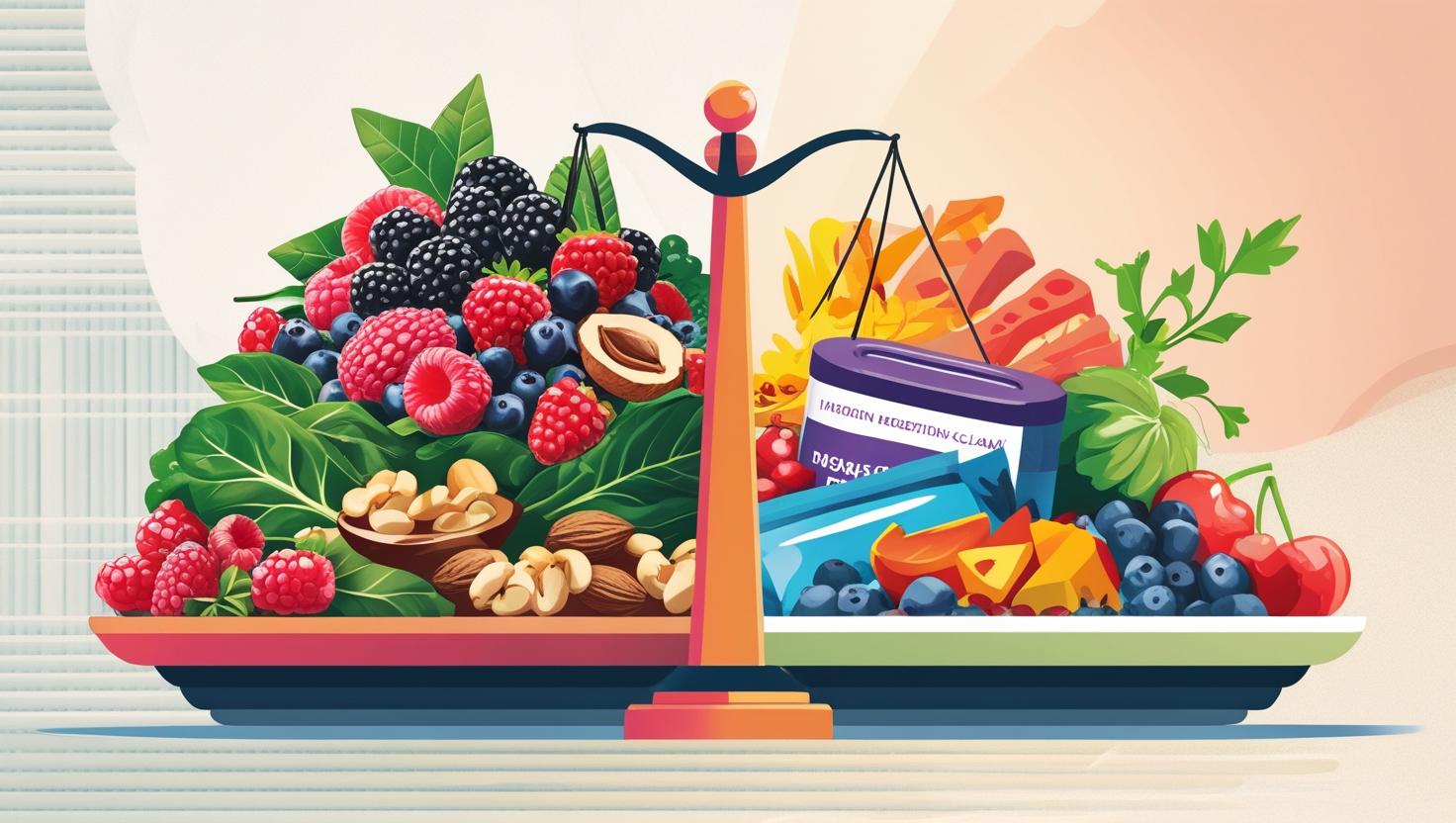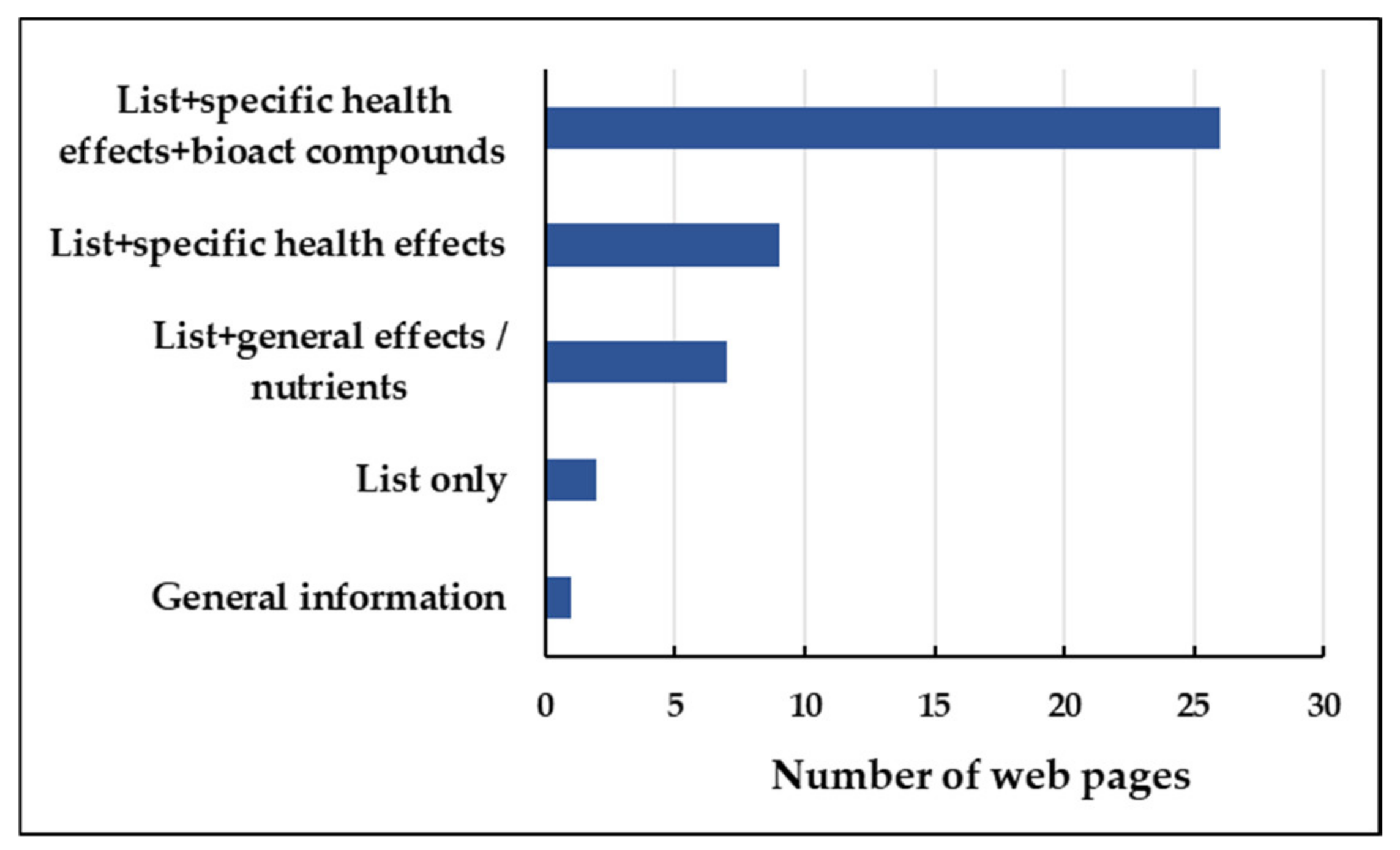
Can You Trust Online Superfood Claims?
The buzz around “superfoods” has surged in recent years, especially online. Marketed as miracle ingredients packed with health benefits, foods like kale, chia seeds, garlic, and salmon dominate search engine results. But how reliable is the information that consumers find on the web?
A 2023 study by Cobos and Díaz dives deep into this question by analyzing 45 English-language websites selected from Google, Bing, and Startpage. The researchers assessed claims made about 136 so-called superfoods and compared them to current scientific literature. The top 10 most cited superfoods—such as kale, spinach, salmon, blueberries, avocado, and walnuts—were especially scrutinized.
The good news? Most websites provided information that was generally aligned with scientific understanding. However, the content was often oversimplified and lacked important nuances. For instance, while kale is indeed rich in vitamins and antioxidants, the impact of cooking methods or agricultural conditions on its nutritional value is rarely mentioned.
Websites tend to highlight benefits like “anti-cancer,” “cardiovascular support,” or “digestive health” without discussing the quantity needed or the form (raw, cooked, extract) that is effective. Many health benefits cited are based on animal studies or in vitro experiments, not on human trials with whole foods.
The authors conclude that while online information about superfoods isn’t fundamentally wrong, it often raises unrealistic expectations. Consumers would benefit from more balanced and transparent reporting—highlighting both the potential benefits and limitations of these foods.
As always, the best approach is variety. Including a diverse range of nutrient-rich foods in a balanced diet remains the most reliable path to health.

Adapted from: https://www.mdpi.com/2304-8158/12/3/546